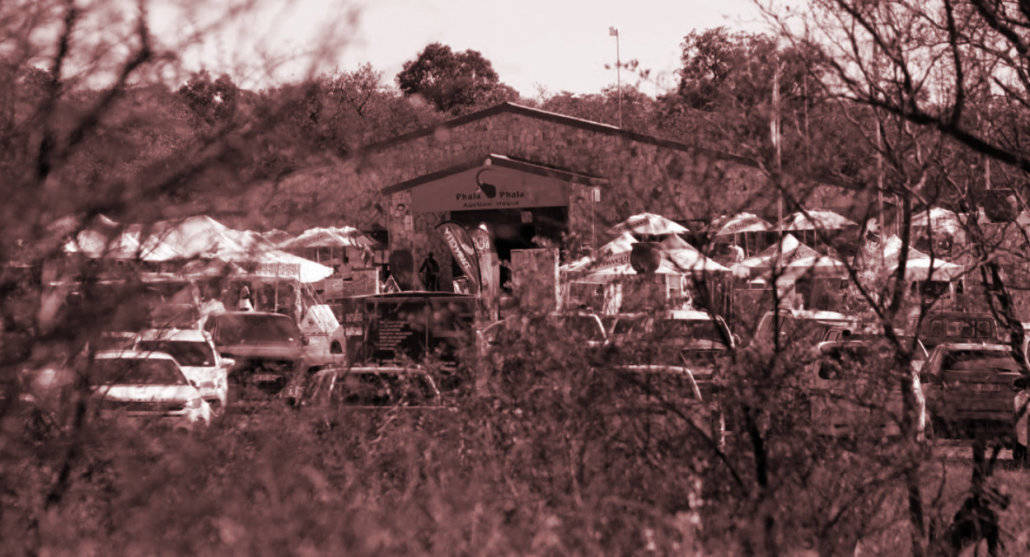Image: Ziphozonke Lushaba, TimesLive
By Khanyisile Ngcobo
First published on TImesLive
Civil society organisations say “something doesn’t add up” in the South African Reserve Bank’s (SARB) findings on the Phala Phala matter and it “raises more questions than answers”.
The Reserve Bank on Monday released its findings from a report into the matter after allegations by former prisons boss Arthur Fraser and complaints from various parties after a 2020 theft at President Cyril Ramaphosa’s Phala Phala game farm that saw at least R10.7-million in foreign currency stolen.
It came after acting public protector Kholeka Gcaleka cleared Ramaphosa and laid the blame on his bodyguard, Major-General Wally Rhoode.
The SARB also concluded Ramaphosa and the entities that run his cattle business are tax compliant.
The bank said while the report would not be made public “due to legislative requirements and constraints which apply to the SARB”, it would make some information public “given that this is a matter of significant public importance”.
It found there was “no perfected transaction” and thus the bank cannot conclude there was any contravention of exchange control regulations by Ntaba Nyoni Estates CC “or for that matter by the president. That is because the SARB has concluded the transaction was subject to conditions precedent which were not fulfilled, and therefore there was no legal entitlement, within the meaning of regulation (6)(1), on the part of Ntaba Nyoni, to the foreign currency.”
Phala Phala farm is managed by Ntaba Nyoni on land owned and registered under the Tshivhase Trust.
Curious statement
Corruption Watch and the Organisation Undoing Tax Abuse (Outa) flagged issues with the findings.
Corruption Watch executive director Karam Singh called on the SARB to unpack parts of their “curious statement”, especially that relating to the findings on Ntaba Nyoni.
“It’s a curious statement, that they point to the fact that the contract was incomplete … they need to unpack that for us and explain why that has any relevance for reporting requirements that anybody would have when it comes to receiving forex.
“So if my mom in the US sends me $5 000 I have to go through a whole process with a bank to say that’s a gift or contribution to my medical bills or it’s an investment in a company. There’s a whole page of different options and every citizen has to comply with that, so that this was a non-perfected commercial deal, it is not clear what relevance that has on the obligations to report.
“The SARB statement raises more questions than answers and does not take us into their confidence about the legal status of holding forex and obligations to report. So are you saying the president’s farm only has to report once the buffalo are somehow delivered? So then what’s the status of that money?”
Singh also took issue with the central bank’s move to not publicise the report, saying they should have done so as there is a lot of public interest in the report. There was also likely to be a request for the report to be published by parties with an interest in the matter.
On how the findings affected Ramaphosa’s role, Singh said: “There are too many unanswered questions for us to feel satisfied that this matter is above board.
“It’s not satisfactory that we haven’t received a definitive statement from the president which answers all of the questions. Until that happens, I don’t [think] the president’s in the clear.”
Outa’s Wayne Duvenhage said there was something amiss with the Bank’s findings. “It would seem oversight authorities have found nothing untoward to the individual, but there is some concern from the Reserve Bank as to the legality of what has happened.
“There certainly is a transgression with regard to the Reserve Bank rules, but they can’t pin it on the president but maybe on his business. So what are they doing with regard to how the exchange regulations were flouted with his handling of the dollars? Something is not making sense … and it would seem there are special rules that apply to Ramaphosa than to others,” he said.

